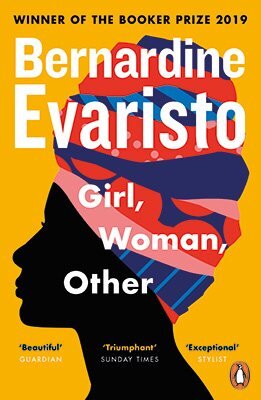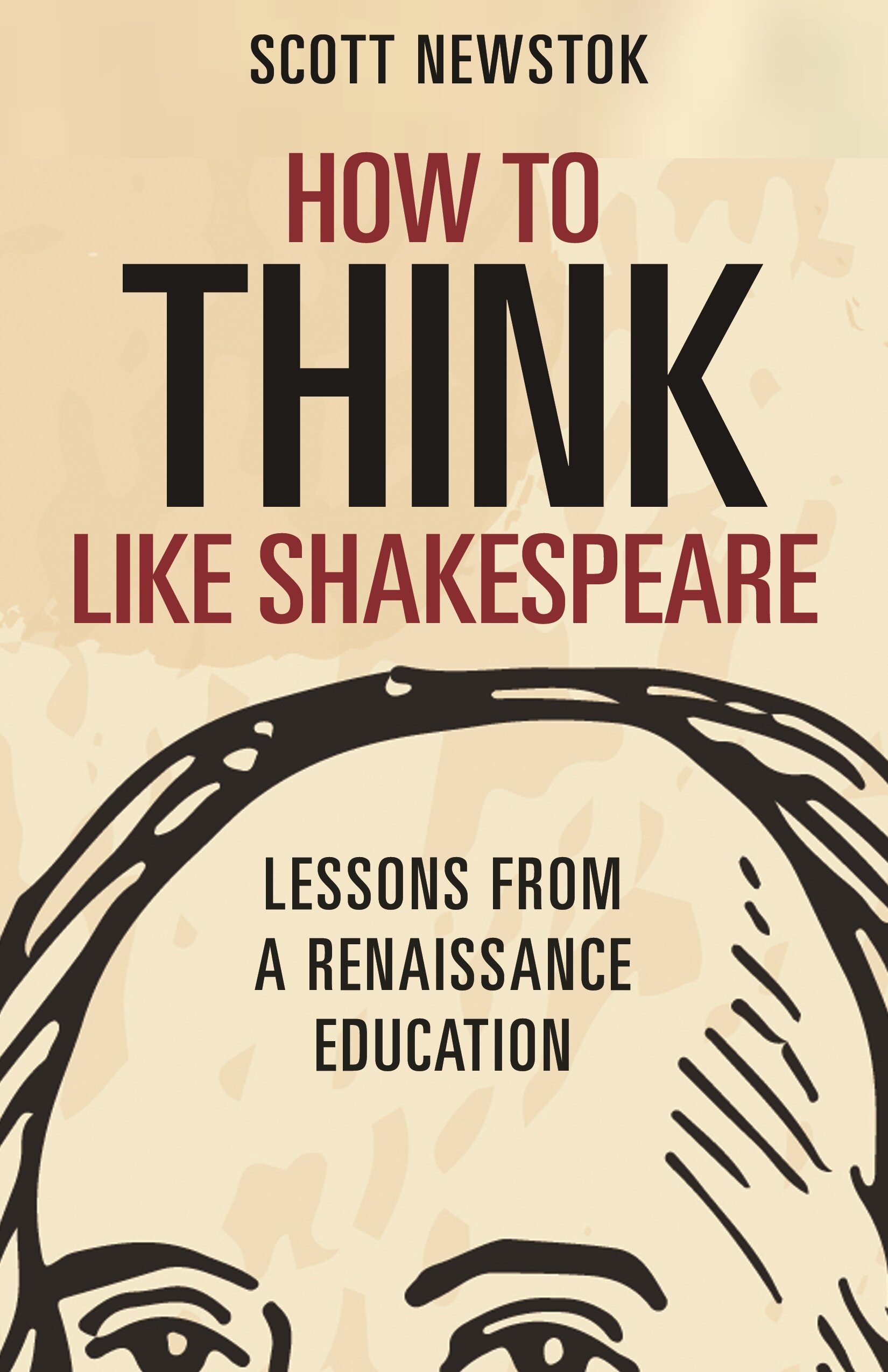Books of the Year, 2020
The annual choice of books I have read which were newly published in either hardback or paperback this year. Links mostly go to extended thoughts or reviews.
Book of the Year
My book of the year, James Shapiro’s Shakespeare in a Divided America, could hardly have been published with better timing. What a scholar Shapiro is, and what an intelligent story-teller. Two behemoths collide: the most powerful nation and the greatest writer.
Fiction
My novel of the year won the Booker last year: Bernardine Evaristo’s Girl, Woman, Other, read in the sunshine of May 2020, was a thrilling tonic in difficult times, a generous affirmation of life (and led me to Mr Loverman and The Emperor’s Babe, with Blonde Roots to follow shortly).
Hamnet: Maggie O’Farrell’s tender novel about Shakespeare’s only son (and about ‘Agnes’, his wife, and his family, and grief and plague and a vividly-imagined Stratford) broke the heart.
Why the Moon Travels by Oein DeBhairduin, a ground-breaking and beautifully written, illustrated and produced book of folklore from the Traveller community, tenderly written by DeBhairduin.
The Nickel Boys: Colson Whitehead’s shattering story of a reform school in Jim Crow-Florida.
Spring by Ali Smith was brilliant. Now on to Summer to finish her extraordinary seasons quartet, though I think I may need to reread the others then to gauge her achievement properly. Surely there can’t be a richer account of society right now?
The Booker winner, Shuggie Bain by Douglas Stuart, is a heartbreaker (three excellent winners in a row, with Anna Burns preceding Bernardine Evaristo).
‘Old’ fiction that was new to me: Evan Connell’s novels Mrs Bridge and (ten years later) Mr Bridge (read Kenny Pieper on the first, which he calls ‘a work of quiet genius’). R.C Sherriff’s beautifully-balanced A Fortnight in September: how absorbing, gentle and perceptive it is (and what an interesting person Sherriff was - best known of course for the very different Journey’s End). And I’ve been making my steadily through David Park’s backlist: God and Angels was the first book of short stories I’ve come across, but just like the rest of his work, it never disappointed.
Non-Fiction
Scott Newstok’s light-of-touch, deeply-researched and insightful How to Think Like Shakespeare: lessons from a Renaissance Education was a delight.
Doireann Ní Ghríofa's début prose work, A Ghost in the Throat, which recently won the An Post Irish Book of the Year award. A weaving together of personal history and the story of Eibhlín Dubh Ní Chonaill, author of 'The Keen for Art Ó Laoghaire', it is a remarkable achievement.
For an American politics nerd, and anyone who yearns for a literate, balanced, thoughtful leader, Barack Obama’s A Promised Land.
Dorian Lynskey’s The Ministry of Truth: A Biography of George Orwell’s 1984 shed fascinating light on the origins and afterlife of this darkest of visions (I was teaching the novel in May - possibly not the most cheerful timing for a book about a world of fear dominated by screens).
The Lost Spells by Robert Macfarlane and Jackie Morris is the pocket-sized follow-up to the magnificent The Lost Words. Perfect for Christmas holiday walks. Regard it as a children’s book if you like, but it’s for everyone.
(And about children’s books: if you have a daughter between roughly 7 and 10, the Amelia Moon series by Laura Ellen Anderson, the Isadora Moon series by Harriet Muncaster, and the Toto series by Dermot O’Leary).
In other reading: Zadie Smith’s short sharp essays out of the pandemic, Intimations: six essays; the not-unrelated essay by Julia Bell, Radical Attention: Raynor Winn’s timely account of resilience alongside her husband Moth walking in South-West England, The Salt Path: Hallie Rubenhold’s affecting stories of the women murdered by Jack the Ripper, The Five.
‘Old’ books that were new to me: The Living Mountain by Nan Shepherd was the perfect choice for Robert Macfarlane’s ‘lockdown’ book club on Twitter in April. Annie Ernaux’s The Years (Les Années): a memoir about time, change, loss, France - I’ll be reading more by her.
Books on education
We’re in a golden age of accessible and helpful books for teachers and for schools. Here are links to some I’ve read this year, and all of which I recommend: Tom Sherrington and Oliver Caviglioli’s beautifully clear Teaching Walkthrus: five steps for instructional coaching (the first in a series), Tom Bennett’s Running the Room: the teacher’s guide to behaviour (insightful and funny on this foundational matter for teachers), Daisy Christodoulou’s Teachers vs Tech? the case for an ed tech revolution (perfectly timed as we headed into emergency remote teaching), Alex Quigley’s Closing the Reading Gap (a welcome further step after his Closing the Vocabulary Gap). Motivated Teaching by Peps Mccrea (succinct, clear, well-researched), John Tomsett and Johnny Uttley’s Putting Staff First (counterintuitive but true: staff need to come first for children to thrive) and, most recently, Bennie Kara’s Diversity in Schools: a little guide for teachers (a physically small but very helpful book on a big topic).
Poetry
And finally, poetry book of the year is A Portable Paradise by Roger Robinson, which opens with the horror of Grenfell and ends with that title poem. I’ve returned to it throughout the year and will I’m sure in 2021. It would seem appropriate to end 2020 with his poem ‘On Nurses’.



